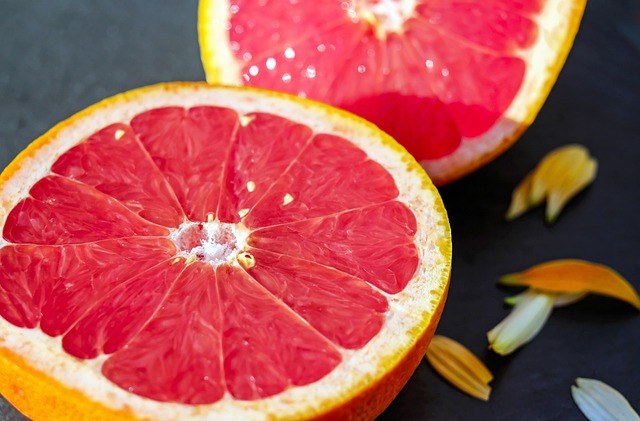Beyond Yogurt: Surprising Sources of Probiotics for a Healthy Gut
The word “probiotics” has become quite common in recent years, and for a good reason. These live bacteria and yeasts have been shown to promote a healthy gut, aid digestion, and boost overall well-being. While many people associate probiotics with yogurt, there are numerous other sources that can provide an ample dose of these beneficial microorganisms.
Sauerkraut
Did you know that the humble sauerkraut, a traditional fermented cabbage dish, is actually a rich source of probiotics? During the fermentation process, cabbage undergoes lactic acid fermentation, leading to the formation of various strains of probiotic bacteria. These bacteria, including Lactobacillus and Leuconostoc, can improve digestion, enhance nutrient absorption, and strengthen the immune system. Incorporating sauerkraut into your diet is a great way to diversify your probiotic intake.
Kefir
Kefir, a tangy and slightly fizzy fermented milk beverage, is another excellent source of probiotics. The fermentation process involves combining milk with kefir grains, which are a combination of yeast and bacteria. This results in a probiotic-rich beverage that is not only good for your gut but also for bone health due to its high calcium and vitamin K2 content. For those who are lactose intolerant, there are also non-dairy versions of kefir made from coconut milk, rice milk, or almond milk.
Miso
Miso, a traditional Japanese seasoning made from fermenting soybeans with salt and koji (a type of fungus), is often used in soups, sauces, and marinades. It is not only packed with umami flavor but also with probiotics. The fermentation process results in the growth of various bacteria, such as Lactobacillus, which contribute to a healthy gut environment. Additionally, miso is a rich source of essential minerals and vitamins, making it a nutritious addition to any diet.
Kimchi
Kimchi, a staple in Korean cuisine, is a spicy and tangy fermented vegetable dish. Typically made with cabbage, radishes, garlic, ginger, and chili peppers, kimchi undergoes lactic acid fermentation, similar to sauerkraut. The fermentation process not only enhances the flavor but also increases the number of beneficial bacteria, such as Lactobacillus and Bifidobacterium, which aid digestion, promote a healthy gut, and support the immune system. If you enjoy bold flavors, kimchi is an excellent way to incorporate probiotics into your meals.
Kombucha
Kombucha is a fermented tea beverage that has gained popularity for its potential health benefits. It is made by fermenting sweetened tea with a SCOBY (symbiotic culture of bacteria and yeast), which produces a fizzy, tangy, and slightly sweet beverage. Kombucha contains a variety of probiotic strains, such as Lactobacillus, Acetobacter, and Zygosaccharomyces, which help maintain a healthy gut flora. Additionally, kombucha is rich in antioxidants, enzymes, and organic acids, making it a refreshing and healthy alternative to sugary beverages.
Conclusion
While yogurt is undoubtedly a popular source of probiotics, it is essential to explore other options and diversify our intake of these beneficial microorganisms. Foods like sauerkraut, kefir, miso, kimchi, and kombucha offer a range of probiotic strains that can contribute to a healthy gut and overall well-being. Incorporating these foods into your diet can provide a boost to your digestive health and support your immune system. So, go ahead and expand your probiotic horizons beyond yogurt!







